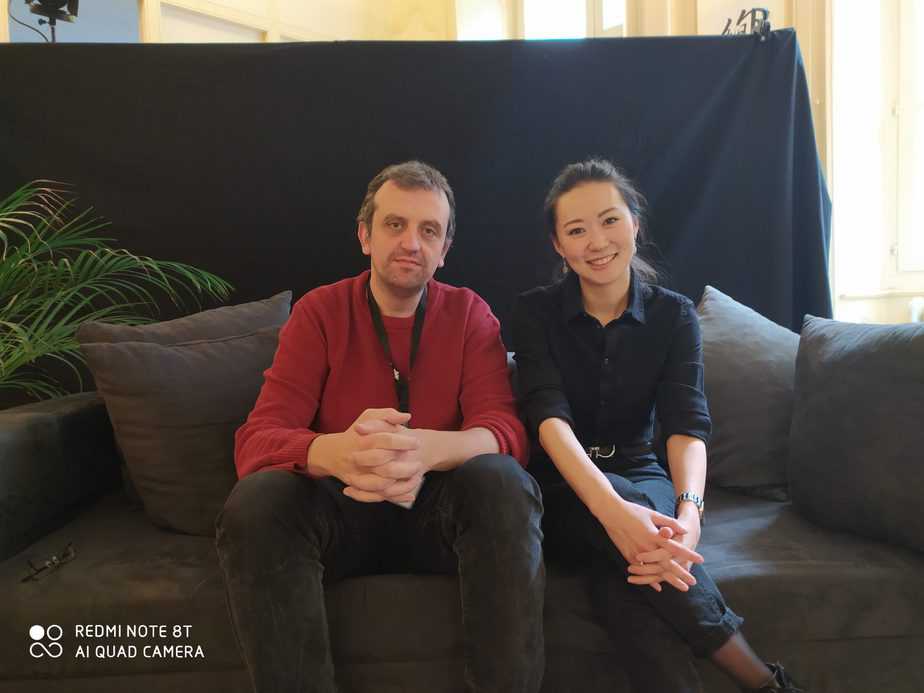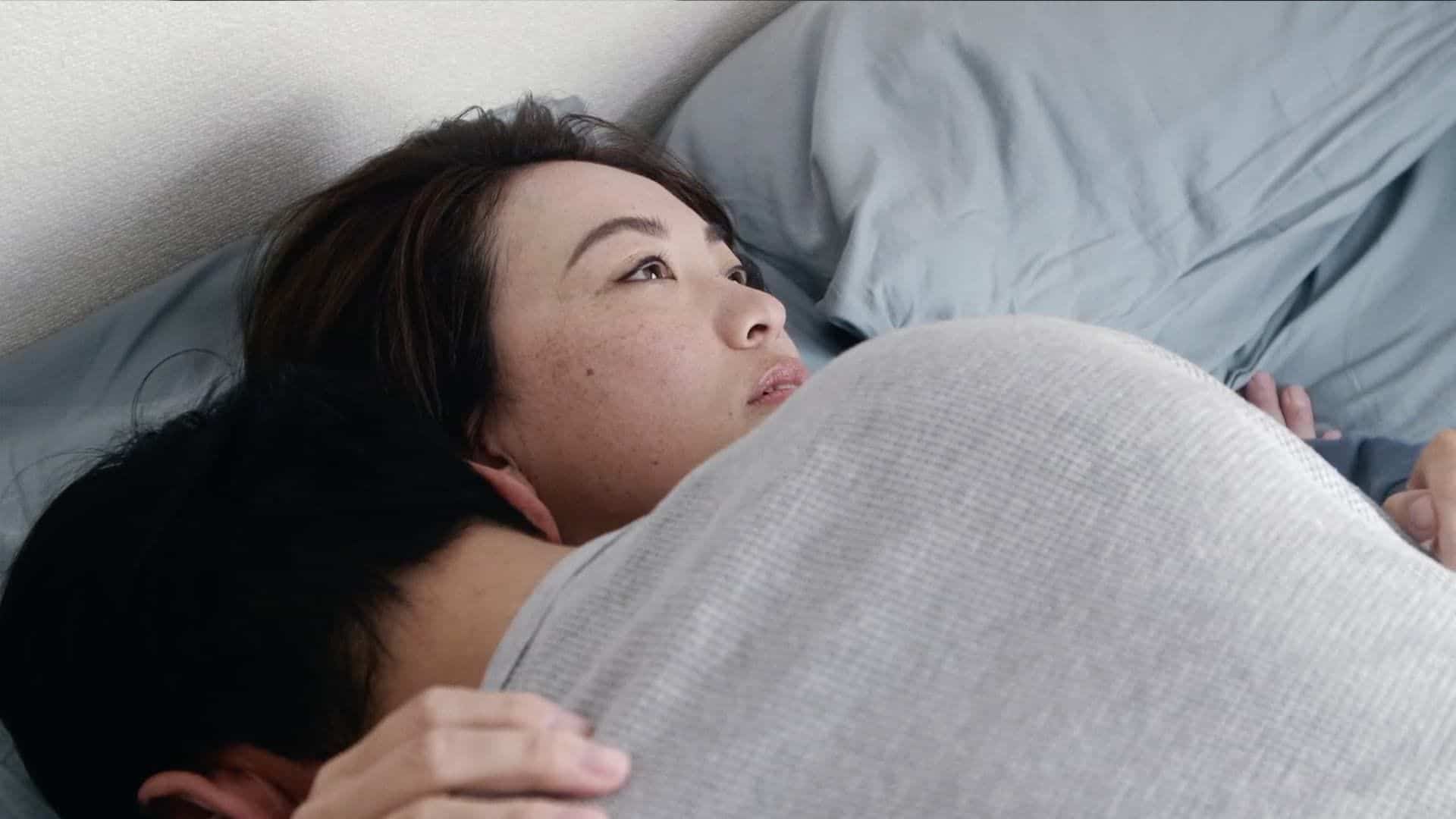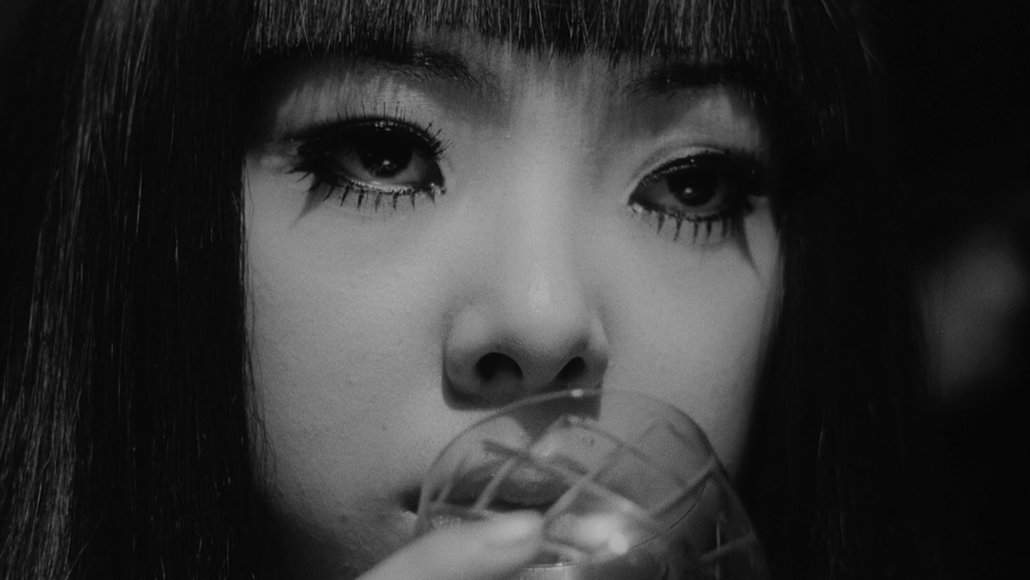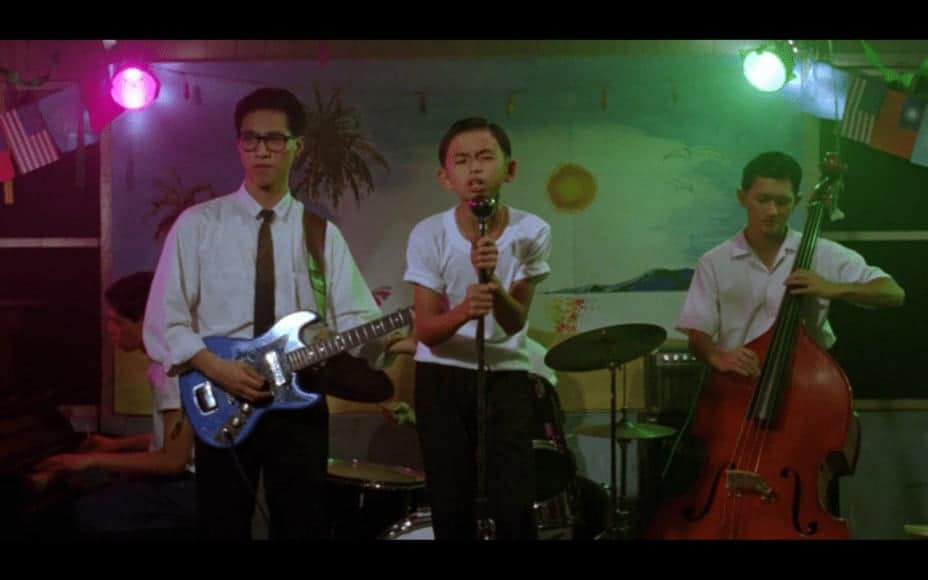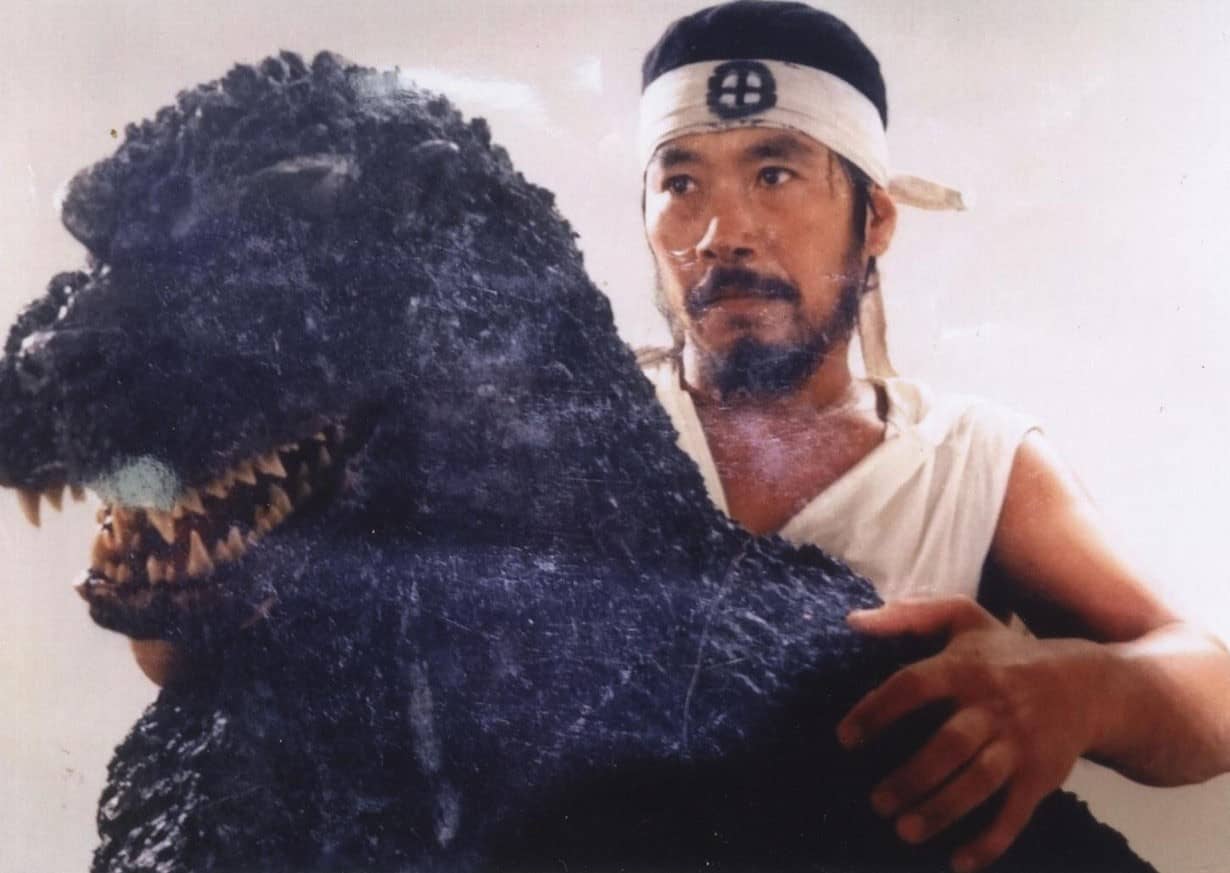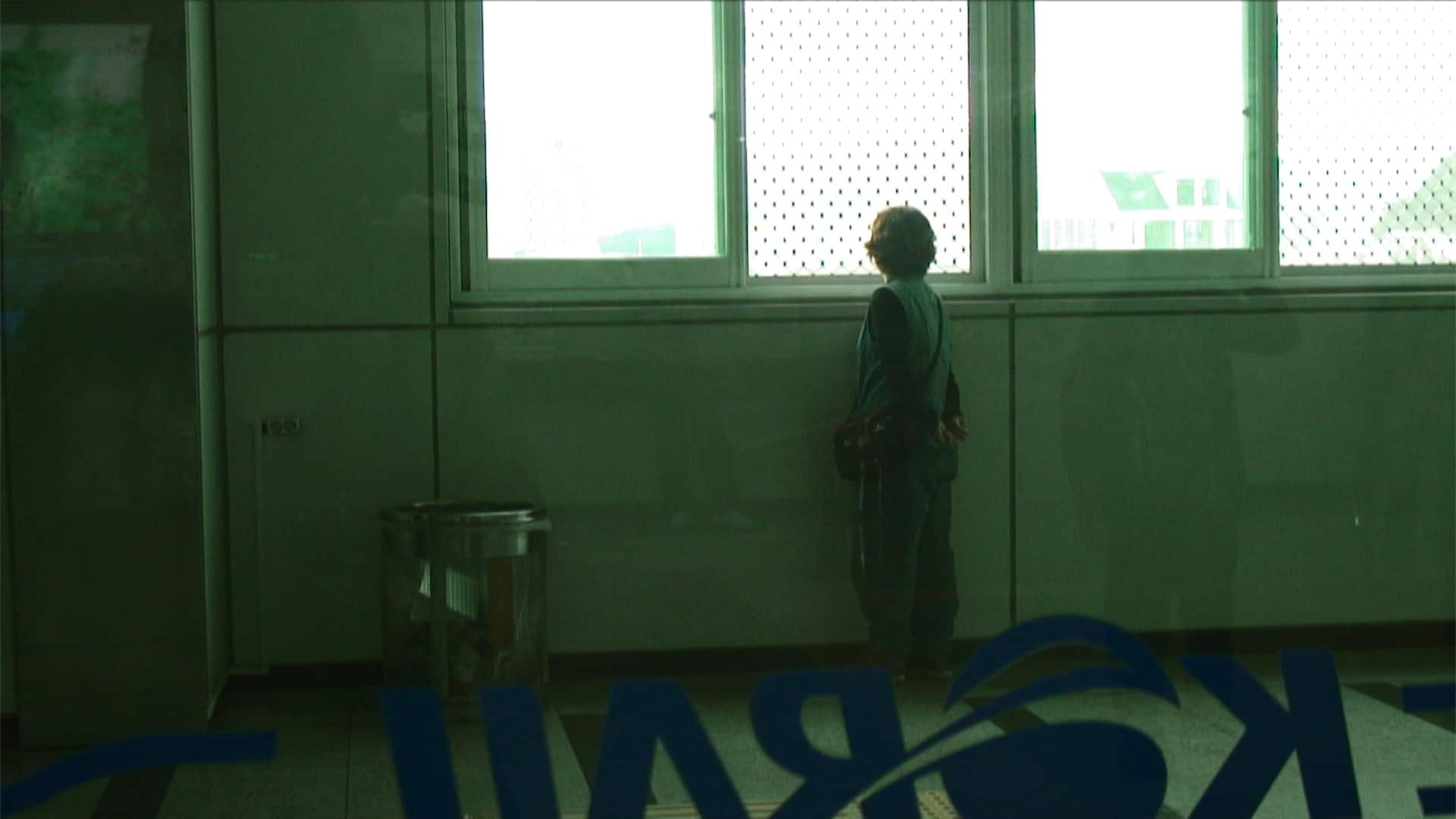Yuliya Kim was born in 1986. After acquiring a Master in finance from Moscow State University, she worked from 2011 to 2016 at Kazakh Film. Between 2012 and 2015, she was a general manager at Eurasia Film Festival in Almaty. in charge of International guests and juries. Since 2012, she collaborated on many films from internationally acclaimed directors such as Darezhan Omirbayev, Yerlan Nurmukhambetov, Farkhat Sharipov, which won numerous prizes at most prestigious Film Festivals. Since 2019, she is in charge of Almaty Film Festival in Kazakhstan.
On the occasion of her presence in at FICA Vesoul as part of the International Jury, we speak with her about her work as a producer in Kazakhstan films, her cooperation with the directors, the current situation of the local film industry, Almaty Film Festival, and many other topics.

I saw that “The Horse Thieves. Roads of Time“, a film that you produced, was picked up by Gaga International and was released in Japan.
It started quite funnily, because we were in Cannes with my director, Yerlan Nurmukhambetov and he had only an idea for this film, like a synopsis, nothing more. At one point however, we met Japanese director Lisa Takeba, who makes films much different than “The Horse Thief”, but the two of them started to communicate despite the fact that Yerlan does not speak English. I translated sometimes and at one point, she said ” “it's my dream to shoot a film in central Asia, can I actually develop this project with you?” Yerlan, who is a super open-hearted guy agreed immediately and we started to think together about the film. The next day we met Shozo Ichiyama, who is a significant Japanese and Asian producer, having produced the last films of Jia Zhangke, and he said, “oh I know Yerlan, because I gave him a Grand Prix on a previous film festival so yes I want to be a co-producer.”
For many films, it takes 5 or 6 years to find a co-producer but this was so fast and so natural and easy. Of course, it does not mean that we got money at this stage; no, we had to work each on their own side to get money for this film, but this co-production came about naturally, without big fighting.
How was the experience for Mirai Moriyama?
Mirai Moriyama played a Kazakh guy. He made a tremendous effort, he took lessons to ride horses, took Kazakh lessons as well. So when he arrived he was totally prepared and we were really surprised by the level he was serious to everything. Actually, it was a big concern because we were afraid that he might not look organic in Kazakhstan, but he was looking like he is a local, so it was very nice and we were happy to have him play this main role.

What would you say is the most difficult part of producing a film in Kazakhstan?
The most difficult part is to get money for new directors. Because if you work with a director with a name, it is much easier and Kazakhstan, it's a small film industry comparatively, so everyone knows each other, and you can find money, but people they don't trust newcomers. It is logical because they are not sure that they will make a good film. But if you see potential and you are sure this director is special and his story is something, you feel that you need to help so you start to fight, but not necessarily everyone is going to support you. So, my strategy is to get interest from international producers and then, when there is an interest, I can say “well we are going to co-produce, but we cannot do anything if we don't have any support in Kazakhstan”. Then, in Kazakhstan, they start looking into the project.
How did you career as a producer started and what do you like most about this line of work?
Actually, I like people and I like cinema. Unfortunately, I don't have an education in cinema, because I am a financial auditor and I switched careers. It was a moment when I understood I don't want to do this anymore, I want to go and make cinema, so it was kind of a spontaneous decision and people thought I was crazy. And I started from there, I didn't know anyone. I didn't know what to do and what the role of the producer is or what I should do or who does what in the team.
So I started in Kazakh Film Studio which is a big, a state-owned company, in 2011 and I started to promote all films from Kazakhstan to film festivals. That is how I started to build connections with the directors whose films I was promoting, as well as with festivals and the international movie industry.
Can you tell me a bit about your cooperation with Yermek Tursynov in “The Stranger”?
With Yermek Tursynov, they came to me when the film was shot, and we started working together on the post-production of “The Stranger”. So, I attracted some experts who could give final advice for the film, editing, color grading and everything and then of course we started to promote the film, to show it to the festivals, to make an Oscar campaign and everything. So, that was my part, not the very production.
He hasn't shot a film since then, has he?
He actually has a new film now, it was released in Kazakhstan, I believe earlier this month.
What are you working on now?
I have a new film by Darezhan Omirbayev that we are starting to prepare. It's in pre-production, we will start soon with casting and costumes, and hopefully we will shoot it this year. It is about a poet who cannot find his place in this world, who realizes the new generation doesn't need poetry or literature, but only their cell phones and this cheap consumption of information. This poet is also reading a book about a poet that lived centuries ago in Kazakhstan, a free spirit, and he feels a very strong connection with him. The film wants to show that being an artist is not easy. It is not very pessimistic, though, because it also wants to show that if you feel you need to do something, you have to go for it. It is a personal film though in my opinion, because I believe that is what Darezhan feels inside, since it is not very easy for him to shoot films in Kazakhstan.

Why is that?
Because, market-wise, it is very hard for his films to make their money back.
In general, what would you say is the situation with Kazakh cinema at the moment?
We are experiencing a big change right now because, starting this year, we have a new film fund who will distribute the budget for the films and anyone can apply for this budget. It doesn't matter if you are a new or a known director, you can pitch your film and the committee will read your script and decide. I believe it will open doors to young generations, I really want to believe this because they are the most ignored, previously the budget was always distributed to the older ones, the ones with the more power. The people who run this film fund are very familiar with auteur cinema, so I hope they will understand, since they know the value for the culture and the prestige of one country that can derive from good auteur films.
And what about the movies that are produced in Kazakhstan?
Well, most of them are not being presented in festivals, just a few are screened outside of the country, but instead they address the local market through comedies and romantic comedies. Even this part, however, is very good because 10 years ago or so, we didn't even have this market, the audience had no trust for Kazakh films, they did not even watch them. At that point, we started to have very good comedies, so, little by little, we got the trust of our own audience back and now, they even want to see the more serious movies, which is something really good.
When foreign films are screened in Kazakhstan, are they subtitled or dubbed?
Dubbed. Of course, the quality is not that good but, as you probably know, in old post-Soviet Union countries there is this habit to have dubbed films. It is funny because when you see Al Pacino you already know the Russian voice who will dub it
Would you say there is still some Russian influence, culturally I mean?
Yes sure, for example Darezhan's films they are influenced by Russian literature a lot, by Dostoyevsky, and “Student”, the film that won A Certain Regard in 2012. It was also influenced by Dostoyevsky's “Crime and Punishment”.
Are there any notable directors coming from Kazakhstan?
Yes, we have a number of new directors that have just started their career Adil Satpen, whose film was in Oberhausen film festival. Sharipa Urazbayeva, whose film is screening in competition in Vesoul and had its world premiere in Locarno. Zhannat Alshanova who had a short film in Cinefondation, then she made a film in Bella Tarr's workshop in Locarno. Very talented documentary director Katya Suvorova who showed her “Sea tomorrow” in Locarno few years back… I hope you'll hear about them very soon.
So, a lot of women?
Yes, a lot of women and I am actually very happy that in Kazakhstan, although it is a very traditional society, women try to shoot films and they succeed.
What about Farkhat Sharipov?
Yes, he is a very special director who can raise very serious social aspects in his films and make them interesting to a wide audience. He is one that feels everything very sharply, every change in society and who can really reflect that in his films, so that is why I really like what he does, and I always support him. He is finishing his new film right now and it is about the heroine boom in the 90s and about teenagers who were trying to escape problems in the family and somehow found themselves on the street taking drugs.
And Yerlan?
He is the kindest guy ever and he also has very good students because he is a teacher in film school and they love him. He also made a film with his students and that was very exciting. Now he is writing a new script, he's actually writing three and I'm waiting to see what they will be about. He is very inspiring, thoughtful and always dreaming.
That sounds difficult to produce though.
It sounds difficult but then Yerlan has this kind of sense of humour. ”Horse Thieves” is not a comedy but his previous film, “The Walnut Tree”, which won numerous prizes, was a very nice comedy. It was somewhat ironic for the Kazakh people but in a way that made the audience really love these people as they are funny and ridiculous at the same time but also depicted with respect and love. He can express that feeling that he has, which is light and fresh, very eloquently. And he also shoots in small villages instead of big cities which is very interesting to watch because these kind of places disappear, since young people all come to the cities. His films also depict this phenomenon which is very necessary.

Can you tell me what the focus of the Almaty Film Festival is?
The focus of the festival is the collaboration between countries; therefore, the competition section includes films that were co-produced by different countries. This is important for Kazakhstan because we had co-productions with countries before but now we really want to work on it and to open our country to such opportunities, as well as for projects to be shot in Kazakhstan, since we have amazing locations and the infrastructure is quite good compared to other countries.
Also, I don't know if it is me that is really struggling with this because I am myself a young producer, but I know how difficult it is for those who just started. So, this festival is also for those who just started, young directors and producers, to understand how to develop their project, how to present and to find co-producers, where they should go with whom they should talk, and all these kind of things.
What are the benefits of having a festival in Almaty?
First, in Kazakhstan I think 90% or maybe a bit less are shot in Almaty because around the city you can find everything from lakes, canyons, mountains, steppes and all kinds of landscapes that you need and also most filmmakers live in Almaty. Furthermore, a lot of film schools are situated in the city and it is the best way to unite everyone, old and young, and to create something for them so they can watch films that they will never see in Kazakh cinema theatres on a normal basis. So, it kind of opens their perspective. We are also bringing some guests and speakers who can give some advice and maybe have a future cooperation in some project. For Kazakhstan, there is no better place to do it.
And what about the attendance?
We are a young festival, we just had our second edition last year and we are preparing the third edition at the moment. However, the second one was the most attended festival ever in Kazakhstan. So, we made a big work to make not only cinema-addicted people, but everyone to know more about the festival. All master classes, all projections were full, and people were even sitting on the stairs. So, I think that people are interested in watching more than what cinema theaters usually screen.
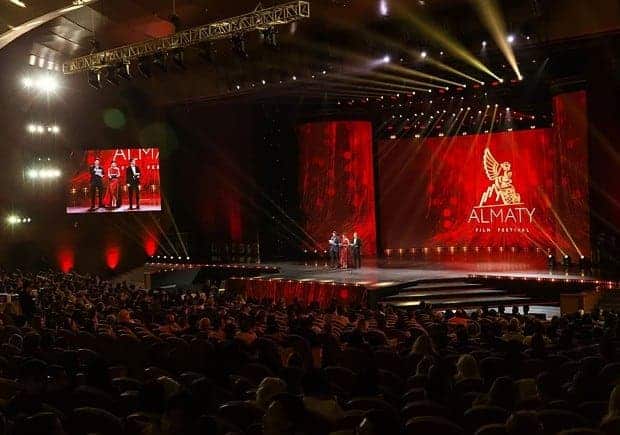
Where does the funding for the festival come from?
The funding comes from the government of Almaty
So you have a good relationship with the government, I guess?
Yes, we do, but also we worked to make them understand why a big city like this needs a big festival. As you know we had a big festival, Eurasia, and it was moved to Astana, so Almaty, such a big city, could not stay without a big festival. We have a short film festival and a student film festival, but it is not enough for a city where all the filmmakers are living, among the other reasons I just mentioned.
The festival has just been on for two years, but is there something you are particularly proud of?
We received so much good feedback from the audience and from people in the film industry in Kazakhstan, particularly because we tried to organize meetings with the guests we invited and with people who work in the Kazakh film industry. It is something new for them, not everyone has the chance to travel to festivals and meet people and talk about films, but when we organize this kind of event where they can meet, chat and get some advice, for them it is very important. Also, some young directors can present their short films to people from other festivals that we invite. I think this is a really good thing to do.
And regarding the audience, all people who come to the festival are happy because we try and have a really attractive program. We retain a good balance between the industry part and the program.
Are you optimistic about the future of the festival?
I am optimistic because people need it and it is clear from the two years that we had it that the festival needs to be in Almaty and needs to be like this. People like the films that we bring and the masterclasses and everything. So, I hope that Almaty government will still continue to support us financially to make this festival
And the future of Kazakh cinema? Are you optimistic about that?
I am optimistic because I see new and talented young filmmakers and some of them are very active and dedicated. So far, I think we are not bad in terms of presenting our films in festivals so…
And about yourself? Are you optimistic about your future in the industry?
I don't know…, not that I am not thinking about it, I have to think to know where I am going, but for me it is changing so much. It depends on the directors I am working with, so my purpose is to find someone with these burning eyes, and if I believe in this idea I will do my best to help him to do this film. I hope to be proud with the films I helped to produce.


